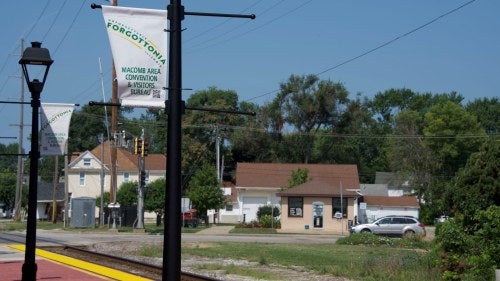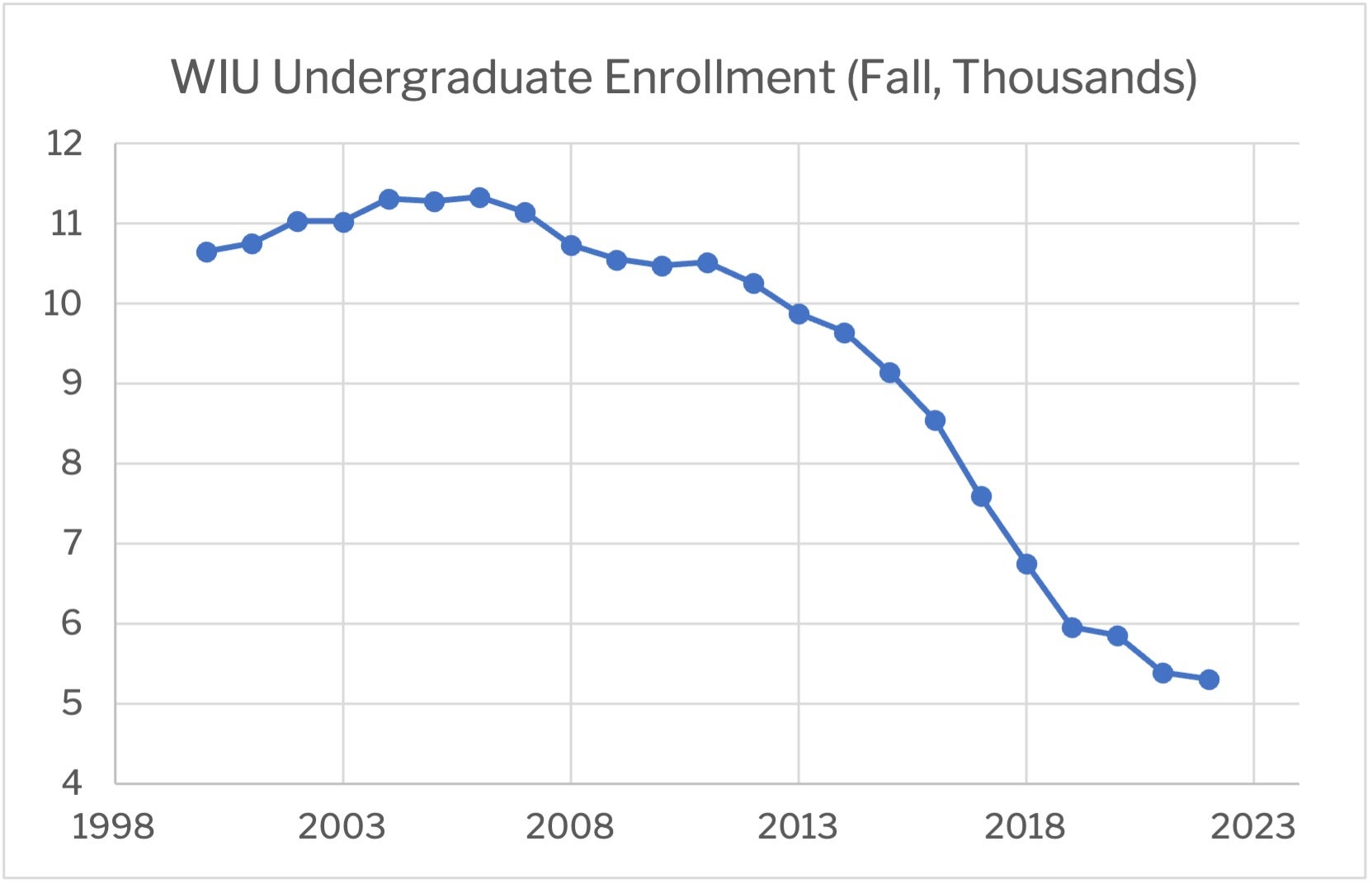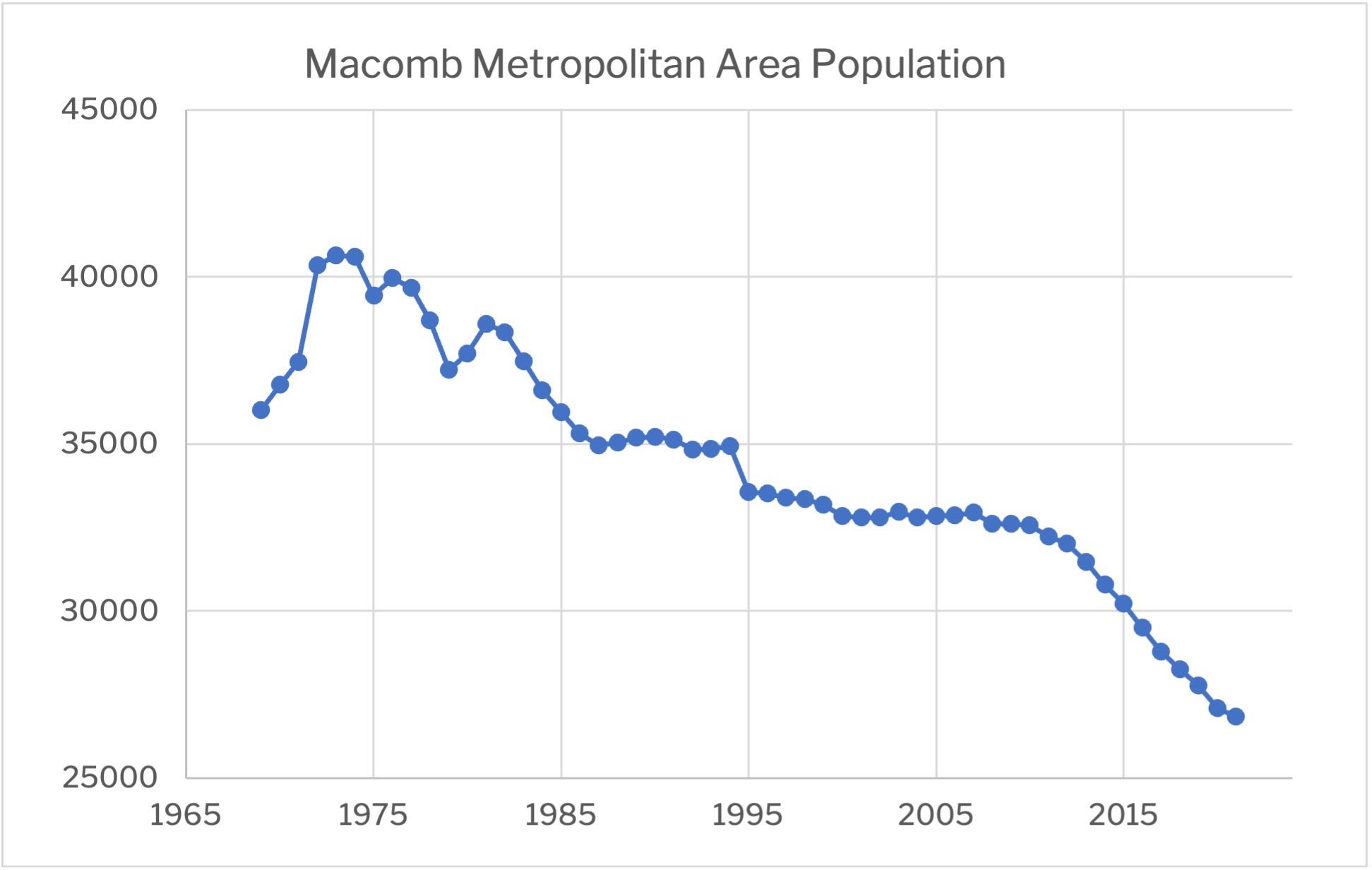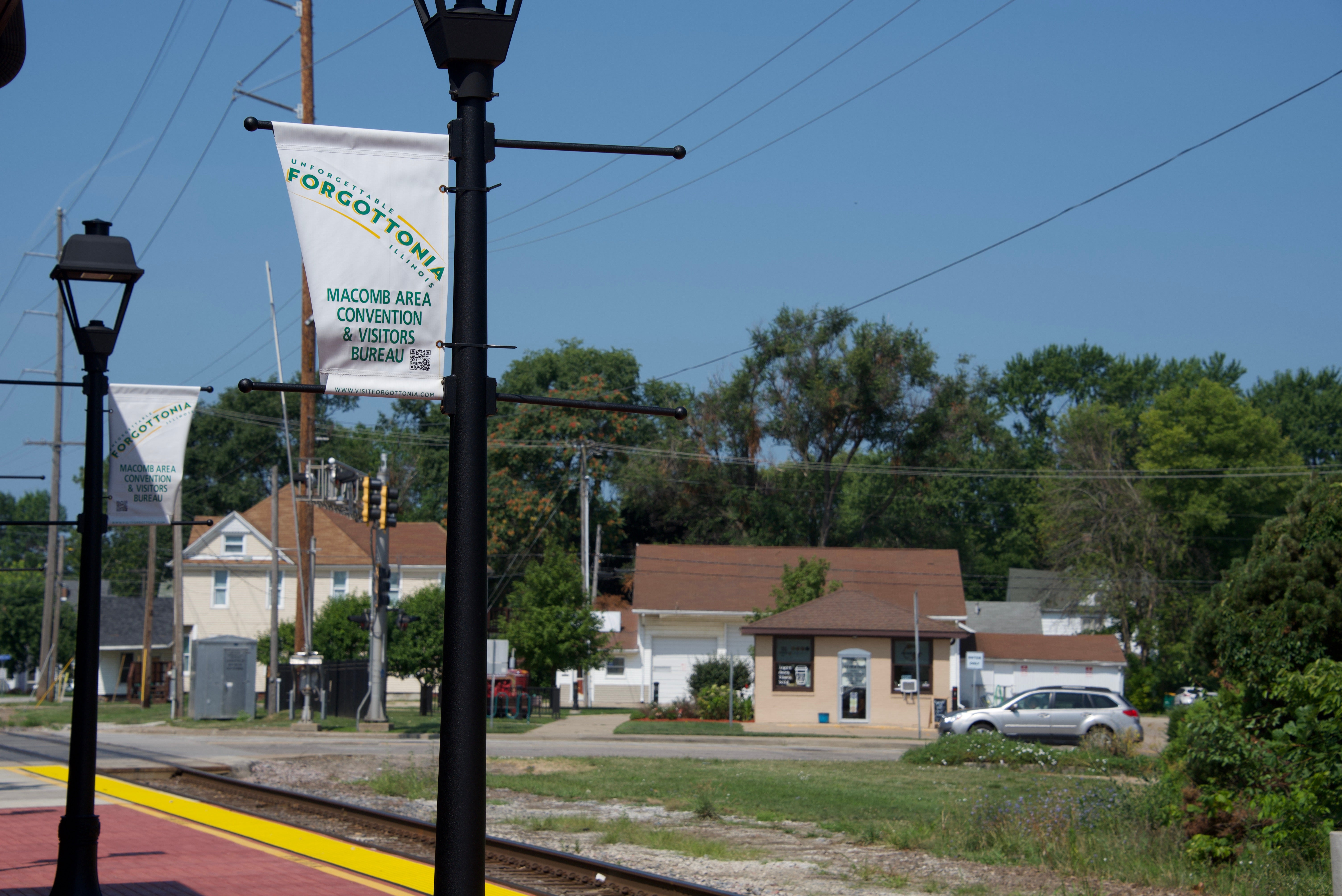The Pitfalls of University-led Growth: The Case of Macomb, Ill.

Universities can serve as economic engines for rural cities, but collaboration between academia, government, and the private sector is key to sustainable growth.
In the rural Midwestern United States, the poverty rate of one town soars at well over double the rest of the country. This is not unusual; many rural towns across the US could say the same. What is unusual is that this town—Macomb, Illinois—has a bachelor’s degree rate a full six percent higher than the national average.
When education is often identified as a key ingredient for economic success, why is Macomb struggling? And what policy lessons does this city’s story hold for rural towns elsewhere, particularly those with universities and an educated population? The answers reflect Macomb's disproportionate reliance on its local university for jobs, residents, and resources, along with an absence of unified place-based economic development policies which leverage the university's strengths for mutual benefit.
Macomb, Western Illinois University, and Forgottonia
Macomb, Illinois: Home of Western Illinois University, a public four-year institution which employs around 2,000 faculty and staff that live and work in the Macomb metropolitan area. In a town whose population barely pushes fifteen thousand, the economic weight WIU carries is enormous.
Unfortunately for Macomb, WIU is struggling. In the past five years, the university’s total budget has fallen by over 25 million dollars. This is due in large part to the state of Illinois’ attempt to shift public university funding towards tuition fees instead of state appropriations over the past two decades. Consequently, WIU enrollment has dropped by more than 50 percent since 2006.[i] More recently, the university has been forced to cut several majors, lay off employees, and create a program incentivizing retirement to keep up with the ever-tightening budget.


The city of Macomb has not been spared the effects of this constant downsizing. While its population has been falling since the 1970’s, the most severe and steady decline has been since 2010. From a peak population of over 40,000, the Macomb metropolitan area now barely hovers over 25,000. Those residents that remain have slowly felt themselves dragged behind the rest of the US as the income gap between Macomb and the outside world grows.
These economic pains have helped revive the sentiment that Macomb is part of the state of “Forgottonia,” a satirical independence movement initially intended to bring attention to the state’s lack of support for infrastructure projects in western Illinois, and which has now become an important piece of the city’s identity. Now, it speaks to a broader sentiment that the city has been left behind by the Illinois state and federal governments.
 Photo by Ella Goeckner-Wald
Photo by Ella Goeckner-Wald
Post-Graduate Opportunities and Local Economic Development
It is clear that Macomb needs WIU in order to succeed. But relying on the university for such a large portion of the city’s employment means that the university’s struggles threaten the prospects of the entire town.
Last year, the Illinois state government awarded Macomb with only $200,000 from the state’s Community Development Assistance Program (CDAP) fund. On the other hand, $52.1 million of annual state funding was appropriated to Western Illinois University—over 250 times the amount of the CDAP grant. This mismatch in support leaves small businesses struggling to survive in Macomb vulnerable to economic shocks—such as the COVID-19 pandemic—and even more reliant on a struggling WIU. It also means that new industries in the area face an uphill battle when trying to establish themselves, despite having an educated workforce at their disposal.
In the same vein, graduates of WIU are clearly struggling to find a reason to stay in Macomb. In 2018 a survey of the WIU Class of 2009 revealed that only one in five WIU graduates found employment in the broader region surrounding Macomb. As a small metro area, this is not entirely surprising, but this figure still pales next to regions such as Detroit and Houston which retain over 75 percent of their alumni. Not only does this reflect a lack of opportunities for WIU graduates, but alumni moving away from Macomb also limits the city’s potential for prosperity. How can Macomb and WIU produce a more symbiotic relationship so both the city and WIU graduates can thrive?
College Towns and Economic Sustainability
At a time when many state legislatures are depleting public university funding in favor of raising tuition, the story of WIU and Macomb serves as a lesson for many college towns across the US. If the goal of these states is truly to make public universities more self-sustaining, more attention must be paid to the communities that surround them. Strategic investment in university towns could provide post-graduate opportunities for students, opening the door to a larger market for local businesses to survive even when state politics cuts funding for universities.
In particular, policymakers have an opportunity to leverage university and local strengths for mutual benefit. A deliberate approach of “clustering” can catalyze growth of specific industries related to university strengths. For example, the University of Nebraska is working with the state of Nebraska to generate development in the field of agricultural technology through the Heartland Robotics initiative. Stories like this are becoming more common, particularly with the 2021 Build Back Better Regional Challenge (BBBRC) through the US Economic Development Administration. This program awarded grants to local economies to fund development plans, many of which included local universities in their strategies.
However, one federal grant will not solve everything, particularly for those towns that were not lucky enough to have been awarded funding. Investment like this—which prioritizes conversation and collaboration between universities and their local communities—needs to be a more widely recognized strategy. Whether through state or local initiative, pathways must be established between education and the local economy in order to save rural towns like Macomb from the fate of being Forgottonia.
[i] From WIU enrollment data, courtesy of Yunfei Zhou, Office of Institutional Research and Planning.